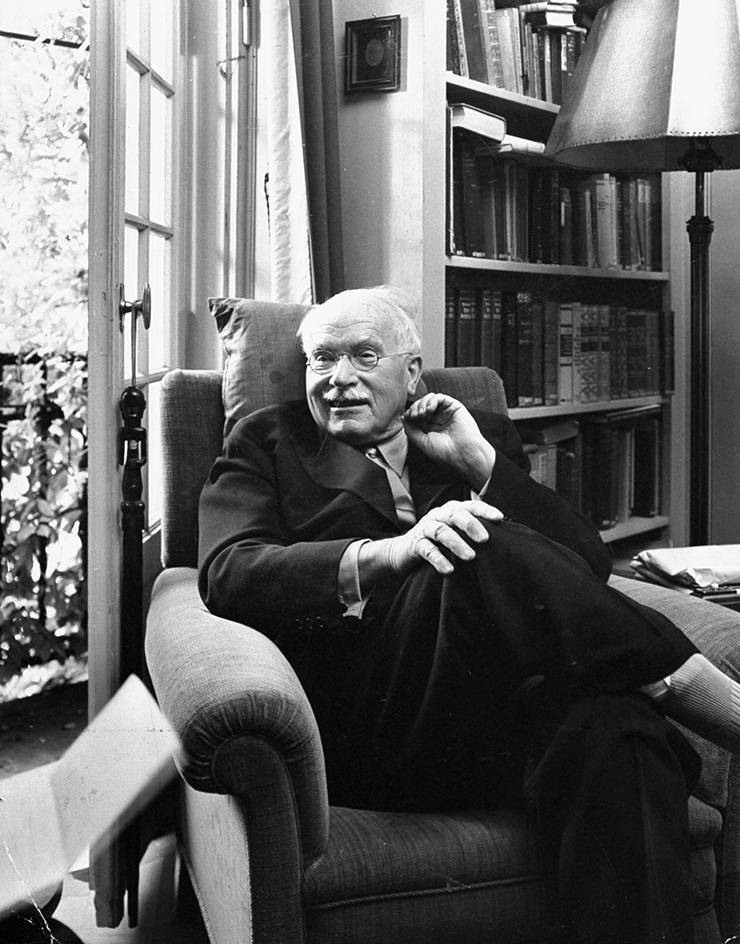Jung << yoong >>, Carl Gustav (1875-1961), was a Swiss psychiatrist and psychologist who developed the field of analytical psychology. His teachings extended beyond psychology and influenced other fields, including anthropology, philosophy, and theology. Jung challenged many of the theories proposed by the famous Austrian physician Sigmund Freud, who had developed the theory and method of therapy called psychoanalysis. However, both Jung and Freud stressed unconscious influences on human behavior.

His life.
Jung, the son of a pastor, was born on July 26, 1875, in Kesswil, Switzerland. As a boy, he developed a lifelong interest in spirituality, mythology, and the occult. Jung studied at the University of Basel from 1895 to 1900. In 1902, he received a medical degree in Zurich, where he had begun practicing psychiatry in 1900.
Early in his career, Jung used Freud’s psychoanalytical theories. After meeting Freud in 1907, Jung worked closely with him in the psychoanalytic movement. But Jung believed Freud placed too much importance on sexual instincts in human behavior. This disagreement and others led to a break with Freud, and their friendship ended in 1913. Jung held professorships of psychology at universities in Zurich from 1933 to 1941 and at Basel from 1943 to 1961. Jung died on June 6, 1961.
His theories.
According to Jung, people who focus on their inner life are introverted. Those who prefer the external world are extroverted. People also rely primarily on one of four mental functions: (1) thinking, (2) feeling, (3) sensation, and (4) intuition. Jung taught that people need to overcome one-sided development and become more balanced.
Like Freud, Jung believed that the unconscious part of the mind contains personal drives and experiences of which an individual is not aware. But Jung also thought that humans share a deeper collective unconscious. The collective unconscious includes thought patterns and behavioral responses called archetypes, which have developed through the centuries. Jung believed that archetypes enable people to react to situations in ways similar to their ancestors. He also believed that the collective unconscious contains wisdom that guides all humanity. He thought therapy should bring people in contact with the collective unconscious.
Jung experienced his own “confrontation with the unconscious,” which provided the foundation for his theories. Using a method he called active imagination, Jung observed and recorded his dreams, fantasies, and imaginings from 1914 through 1930 in a volume known as the Red Book. The Red Book was not published until 2009.
Jung’s studies of mythology, world religions, alchemy, and dreams convinced him that archetypes are deeply rooted in the collective unconscious. He believed religion enables people to express unconscious needs for spiritual experience.
